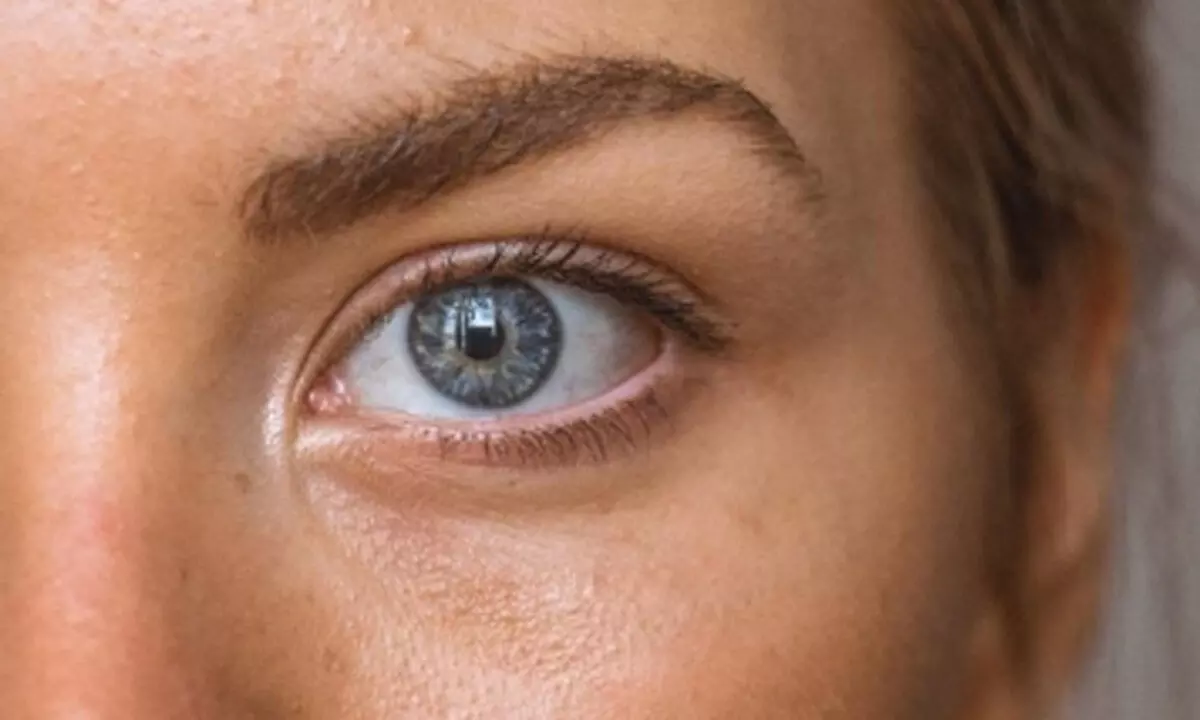Can drops replace eye injections for retina disease?
Share :

Can drops replace eye injections for retina disease?
Eye drops could be a more effective -- and comfortable -- therapy for a common eye disease currently treated with injections into the eye, suggests a study.
New York: Eye drops could be a more effective -- and comfortable -- therapy for a common eye disease currently treated with injections into the eye, suggests a study.
Retinal vein occlusion (RVO), an eye disease that affects up to 2 per cent of people over age 40, occurs when a vein in the eye's retina becomes blocked, leading to swelling in the eye, inflammation, damage to the retina, and vision loss.
Standard therapy involves injecting into the eye a vascular endothelial growth factor inhibitor (anti-VEGF) that reduces swelling. The therapy can improve vision but patients with significant retinal damage due to impaired blood flow often have poor outcomes.
The study, published online in Frontiers in Neuroscience, found that an experimental eye drop treatment was twice as effective as the standard injection therapy at reducing swelling and improving blood flow within the retina of mice with RVO.
"Anti-VEGF therapy has helped a lot of people with RVO, but the fear factor -- having to get a needle in the eye -- causes many people to delay treatment, which can lead to retinal damage," said Carol M. Troy, Professor of pathology and cell biology and of neurology at Columbia University Vagelos College of Physicians and Surgeons.
"There's an opportunity to help more people with this disease that is a leading cause of blindness worldwide."
The new eye drops also prevented neurons (photoreceptors) in the retina from deteriorating and preserved visual function over time, whereas the standard injections had no effect on either.
It contains an experimental drug that blocks caspase-9, an enzyme that triggers cell death, and was found to be overactive in blood vessels injured by RVO.
"We think the eye drops improve the health of blood vessels in the retina, which then decreases the toxic signalling that damages the retina's neurons and leads to vision loss," said Maria I. Avrutsky, first author from Troy’s lab.
Future studies are aimed at preparing to test the eye drops in human clinical trials and identifying additional therapeutic targets.
"Finding the root cause of RVO is the holy grail, but if we can at least provide better symptomatic relief that doesn't distress patients, it would be a really good start," Troy said.








